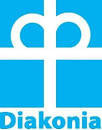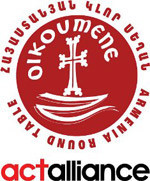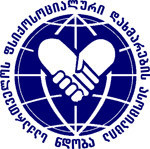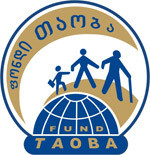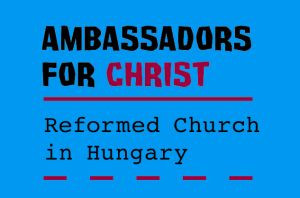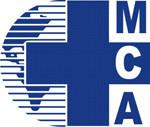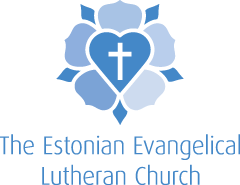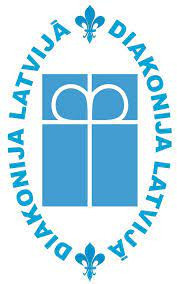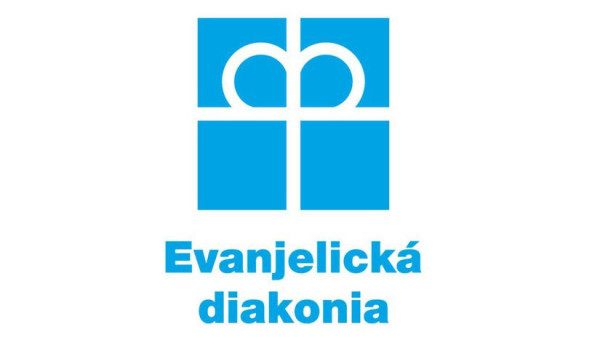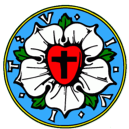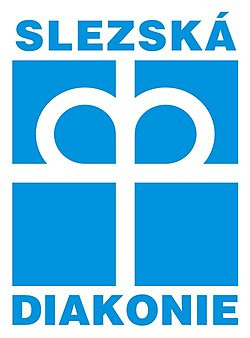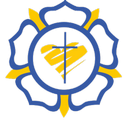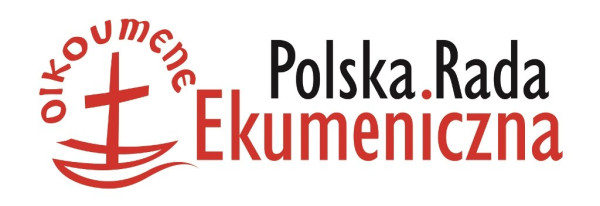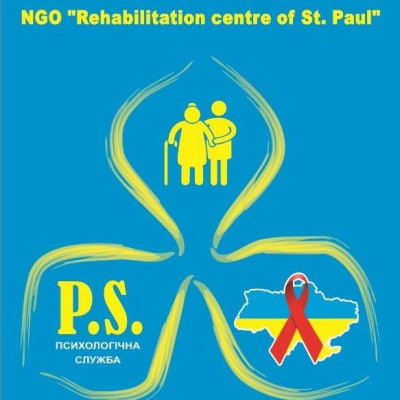Our partners
The life and work of interdiac is founded on the need to develop programmes and processes to support the members of the Honorary Council and others in the region, in their engagement with marginalised and vulnerable people and communities.
The strength of interdiac is a diverse network of 16 partners in 13 countries of the region, which are represented in an Honorary Council. They actively participate in the development of the training concepts and learning processes as well as organising the logistics and infrastructure for the locally held events.
They identify people who can join Expert Teams for delivering the learning programmes and their evaluation. The partners’ expertise facilitates further developments and guarantees the relevance of all interdiac activities.
Organisations in Central & Eastern Europe and Central Asia which support the aims of the Academy may become Partners. Partners nominate members to the Honorary Council of the Academy and are represented in the Executive and Advisory Board.
Organisations who wish to become members can get more details here and more information from the Director of the Academy at office@interdiac.eu.
At the first meeting of the Honorary Council in spring 2008 the aims of the Council were agreed. These are also approved by the Executive and Advisory Board.
The Honorary Council members:
- Promote the Academy on national and international levels.
- Take care of the international character of the Academy.
- Build up connections/bridges to universities and other educational institutions.
- Organise seminars, workshops and conferences in the partner countries.
- Facilitate existing and look for new partnerships.
- Contribute to the development of the Academy and its training.
- Find lecturers and participants in the partner countries.
- Develop the 'resource bank' of the Academy (persons, organisations etc.).
- Organise working groups, placements and study visits of students.
- Are involved in the development of the activities of the Academy and be informed about modules and new activities.
- Provide materials and literature according to the partner country.
- Monitor the development of the Academy and the achievement of goals.
- Are involved in programme development and fundraising.
- Make proposals to the Executive and Advisory Boards.
- Participate where necessary in solving everyday problems and where staff and students cannot solve them.
Here can you find a list of the partner organisations
